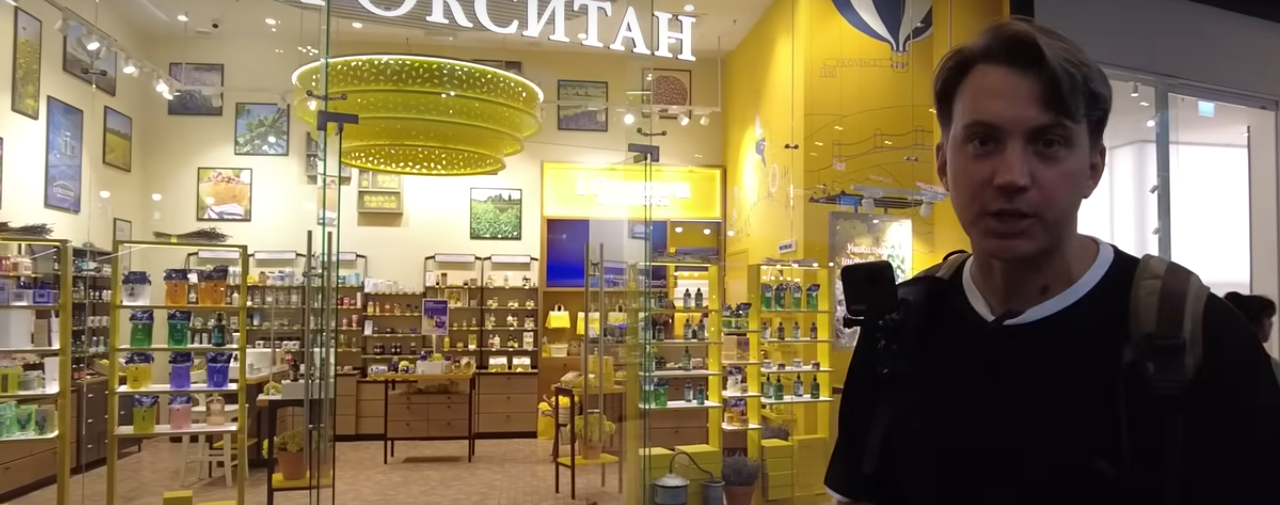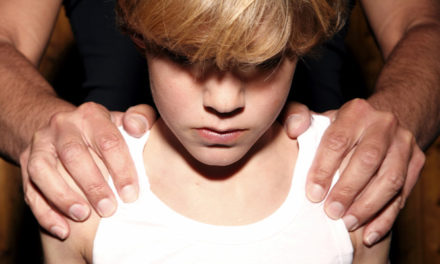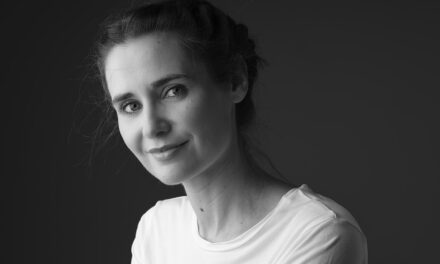After Russia attacked Ukraine on February 24 - and as a result, the European Union introduced a number of sanctions against the country - more than 600 multinational companies announced that they would voluntarily withdraw from the Russian market.
The Real Reporter Youtube channel took a tour of a Russian shopping mall to check this out and exposed companies that have seemingly pulled out of Russia, but are still selling their products, albeit by trickery.
The channel's reporter chose a typical mall in Moscow, where locals like to go shopping after work. The location was suitable for reconnaissance, because according to Real Reporter, many western clothing brands have reopened their stores in the plaza since the war.
These stores apparently offer the products of the original brand, but the company prices of the stores have undergone a change.
The international coffeehouse chain Starbucks is a good example of businesses that have actually left Russia. The multinational company gave up its business of 130 cafes, the business premises were bought by the famous Russian rapper, Timati, and Anton Pinsky, who works in hospitality. The chain, now in Russian hands, has not changed much from the original Starbucks logo, which still resembles the famous American mermaid, but now features a recognizable image of a Russian girl wearing a traditional Russian headdress.
French cosmetics brand L'Occitane shared in a statement in April that it will close its stores in Russia as it condemns the "unwarranted invasion of Ukraine." The beauty company also stated that it "will no longer supply products to any Russian retailers".
The correspondent of the Real Reporter pointed out, however, that the French company continues to operate its store, which is supported by the store located in the shopping center, which was open when the recording was made.
The willing salesperson of the store said that despite the fact that the brand name above the window was slightly modified by the CEO to the Russian equivalent,
the products offered for sale are still from France. He added that additional shipments will arrive, and there are no plans to close.
Clothing stores - the names of the stores have also changed
In the Russian plaza, there is also a store of the Polish clothing brand Reserved, which is also well known in Hungary. They also played a trick at the dealership, it continues to run under the name "RE". On the shelves of the store, you can find the clothes with the old label.
Like several other clothing brands represented in Russia (Cropp, Mohito, House and Sinsay), Reserved is owned by the Polish clothing retailer LPP.
Poland closed its most important clothing companies in Russia in the first few months after the outbreak of the Russian-Ukrainian war, LPP subsequently sold its Russian companies to a Chinese consortium, which reopened its stores under a different name.
This is how the former Cropp was named "CR", House "XS", Sinsay "CUH", and Mohito simply "M".
“Correct me if I'm wrong, but it seems that the Polish company found a legal loophole to stay in Russia, meaning products are still coming to Russia. As a result, the company is still making money on the Russian market, but now a Chinese intermediary has also entered the picture," said the channel's reporter, who added that in this case it should also not be overlooked that the clothing company's decision will cost hundreds, if not hundreds, of he was able to save the jobs of thousands of ordinary people.
One of the Levi's stores in Moscow has also reopened under the name "JNS". The store has a new owner, but the iconic American jeans can still be found on the shelves.
Coca-Cola, or the Russian Dobri Cola
Coca-Cola has indeed stopped its deliveries to Russia, while its local bottling plant, Coca-Cola HBC - in which the parent company has a 20 percent stake - has switched to the production of the so-called Dobri Cola, which is considered the equivalent of the iconic soft drink .
The channel highlighted that "this way, the company's lawyers can claim that Coca-Cola is still in Russia, so they can also sue those who try to import the original drink through different systems in Russian imports. So the multi managed to leave Russia at the same time, but at the same time to stay there".
Closed shops
In the waiting center, the Real Reporter's correspondent also found many closed shops, including Zara, Pull and Bear, Bershka and Oysho clothing stores belonging to the Spanish company Inditex.
According to the sign in the window, the Zara store was temporarily closed, but all the products were still on the shelves in the locality, and the mannequins were also dressed, which, according to the reporter, shows the possibility of reopening.
"Inditex never said a word about the war in Ukraine, they only referred to logistics when explaining their decision to sell in Russia," the channel reminded.
Western products are still available in online stores
Clothing from many brands such as the aforementioned Zara, Bershka and Pull and Bear are still available online.
"I'm not sure if they sell the new collection, it's more likely that they want to outsell the remaining stock. But the fact is the same here, they are still making money in Russia"
pointed out the YouTube channel.
Although the American Apple also left Russia by stopping sales and also limited the Apple Pay system, new iPhones, iPads and Macbooks continue to arrive on the Russian market despite the sanctions.
Although the American company does not sell anything directly, its official Russian website still encourages customers to buy the products in partner stores.
"So Western companies may not look favorably on the Russian-Ukrainian war, but they hate the loss of money even more"
the reporter added.













